New extra efficient heat pump unveiled by professor
In a new paper published in the journal Communications Engineering, researchers from the University of Glasgow outline how their flexible heat pump technology provides an elegant and low-cost solution.
The team led by Professor Zhibin Yu, have developed a new type of heat pump, a flexible heat pump technology, which could help households and businesses save on their energy bills and reduce carbon emissions.
The new designs help to solve the problems of current heat pumps by integrating heat storage – a small water tank and a coil of copper tube.

The water tank recovers some excess thermal energy produced during the pump’s operation, and stores it as an additional heat source for the heat pump’s operation later.
The recovered heat has a much higher temperature than the outdoor air that provides the heat source, and it can be reused as a temporary heat source, substantially reducing the pump’s power consumption.
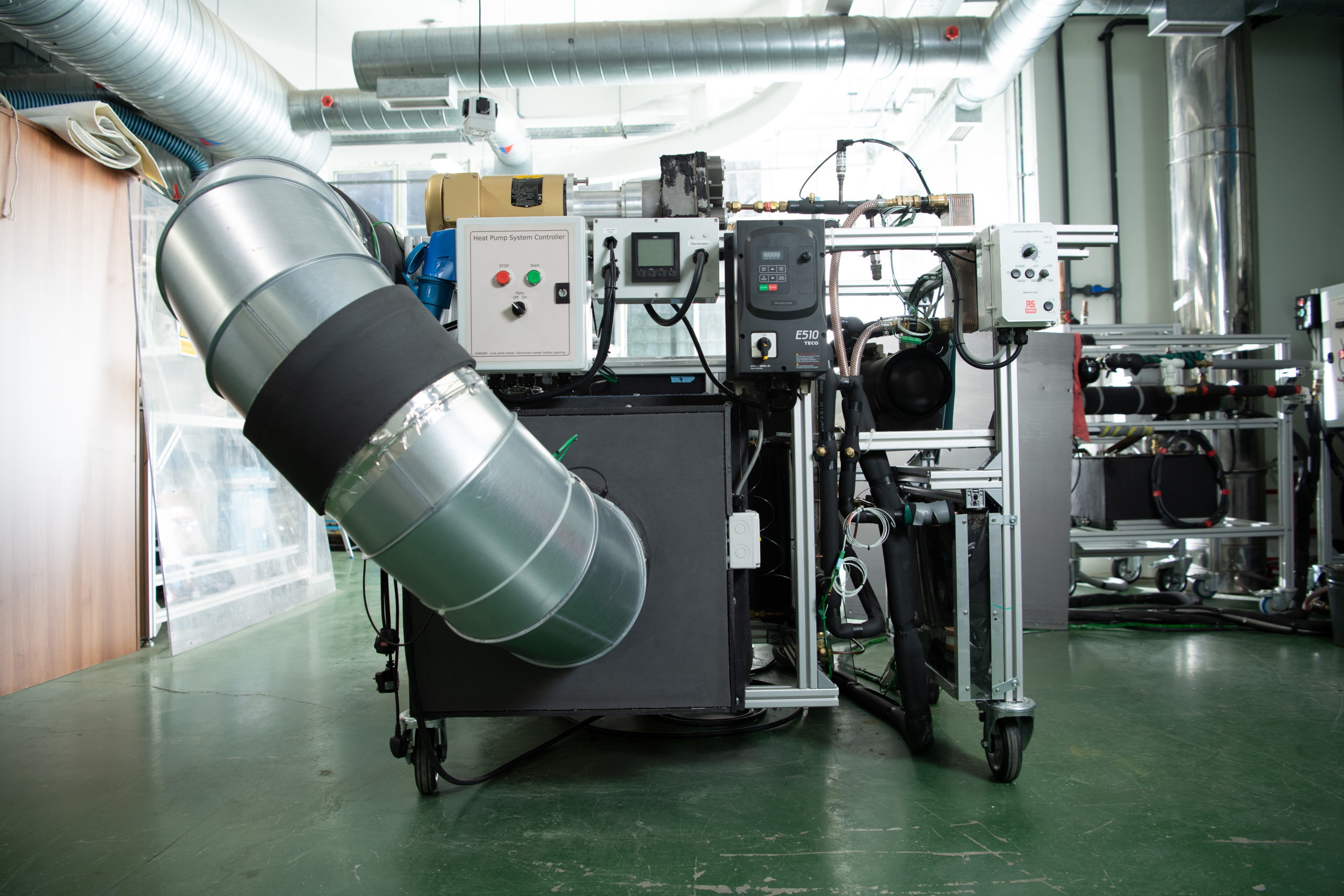
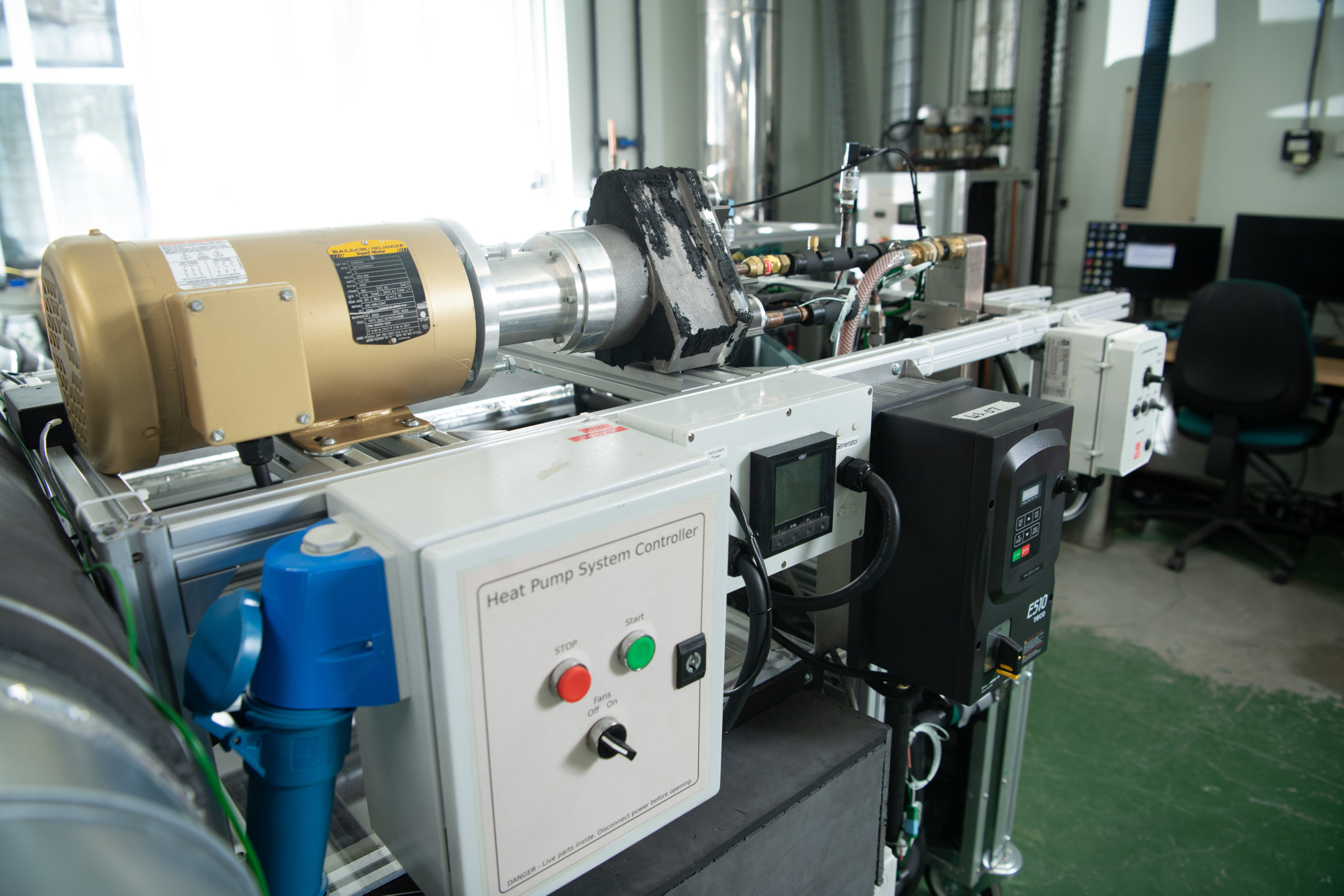
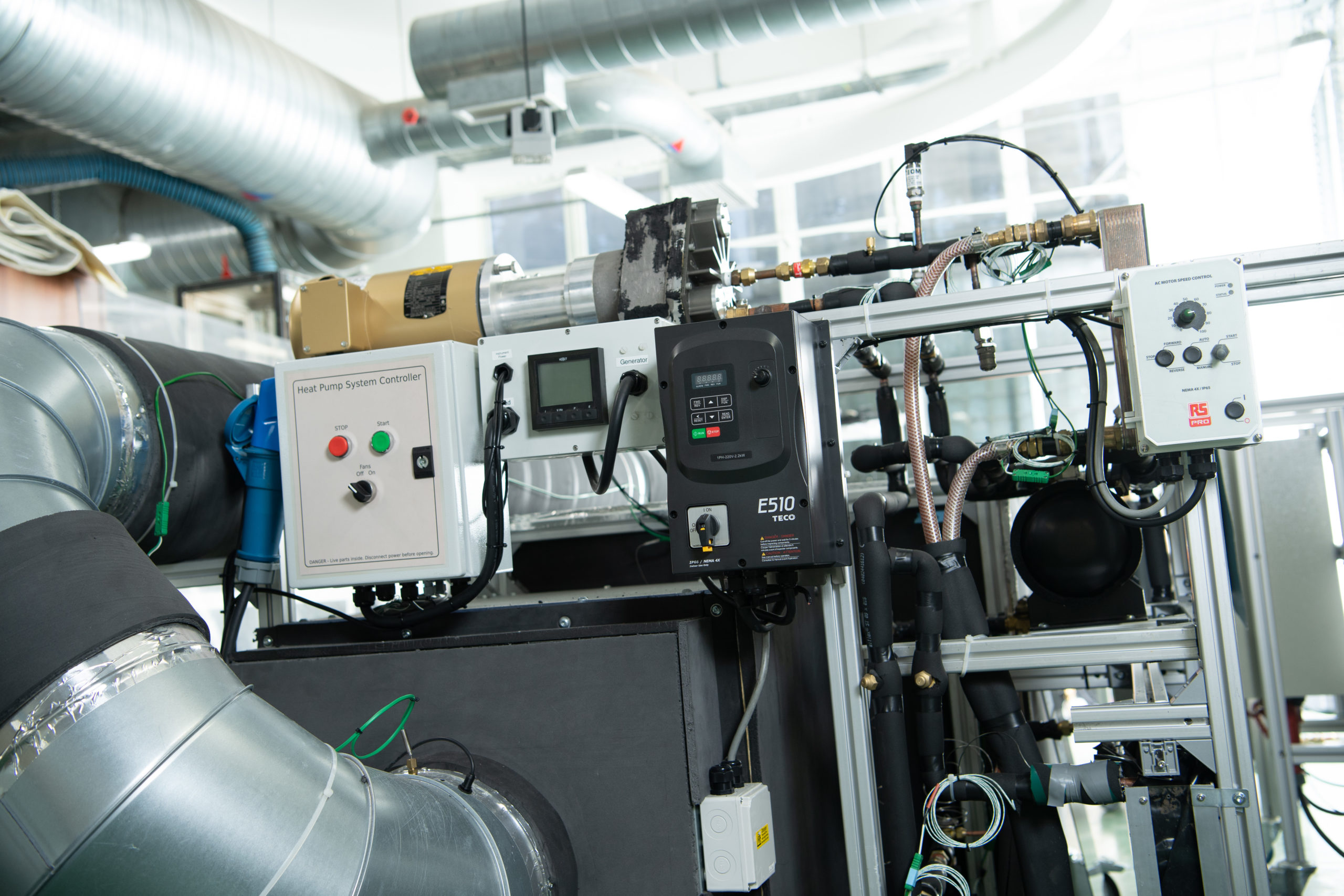
The researchers have demonstrated the advantages of their new heat pump by building a working prototype using off-the-shelf components.
Testing against current models of heat pumps has shown the new design to be 3.7% more efficient with a relatively low heat supply temperature of 35°C.
At temperatures of 65°C it’s thought the new designs could be up to 10% more efficient, as when the supply temperature increase, so does the amount of energy recovered.
“The advantages of the flexible heat pump against current heat pump products is analogous to the advantages of condensing boiler against the non-condensing boiler – both recover excess heat to greatly improve efficiency.”
– Zhibin Yu, Professor of Thermal Energy at the University of Glasgow’s James Watt School of Engineering
When the supply temperature increases, so does the amount of energy recovered, improving the system’s efficiency and saving more power. The team’s analysis predicts that, after optimisation, it could be up to 10% more efficient than current products when the heat supply temperature increases to 65 °C.
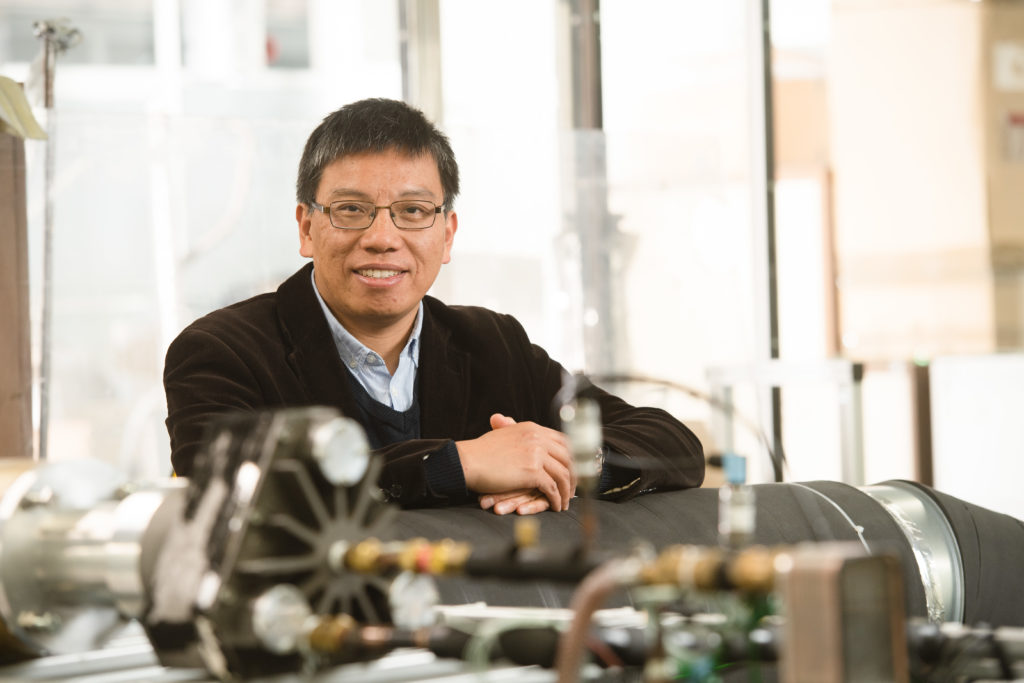
The team have protected their invention with a PCT patent (Reference: WO2022069581A1), and are actively looking for ways to make the flexible heat pump technology commercially available in the near future.
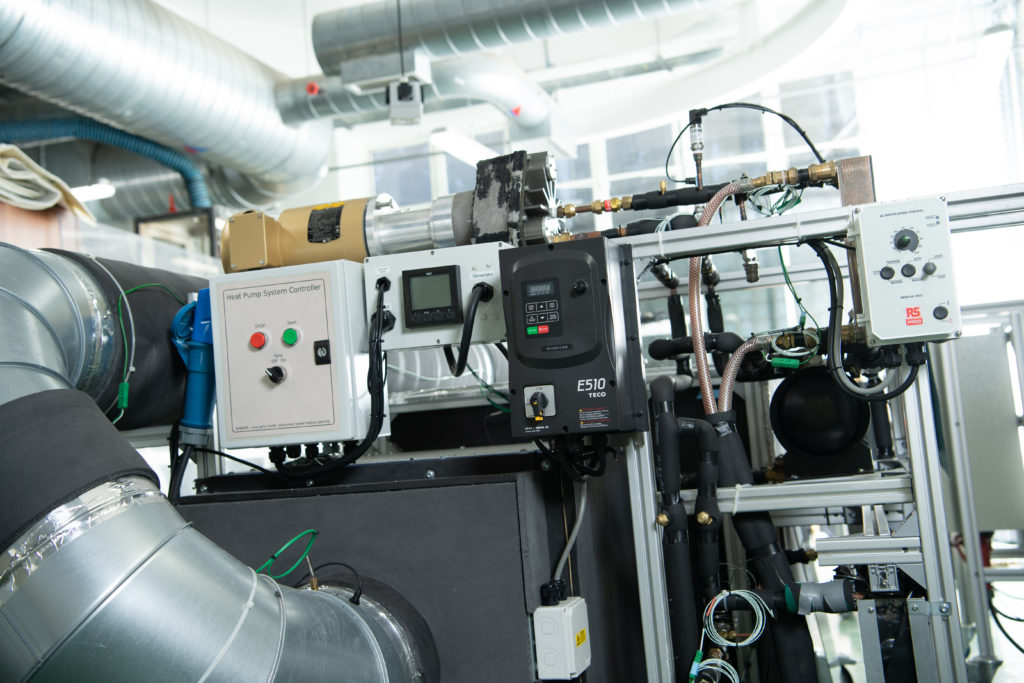
The team’s paper, titled ‘A flexible heat pump for heat recovery’, is published in Communications Engineering, a Nature portfolio journal. The research was supported by funding from the Engineering and Physical Sciences Research Council.
Professor Yu and his team are currently seeking collaborators to take forward the development of their flexible heat pump technology.
